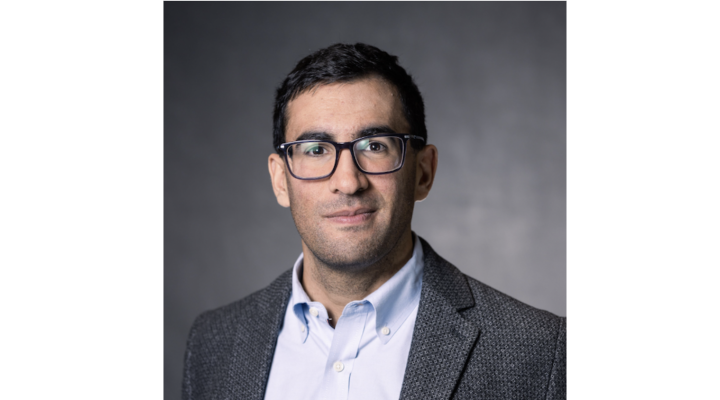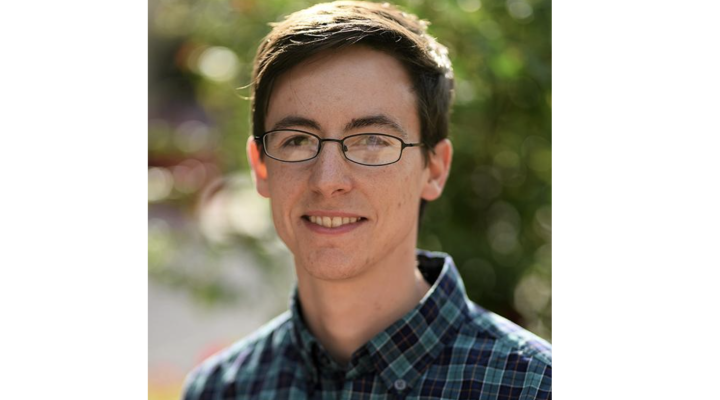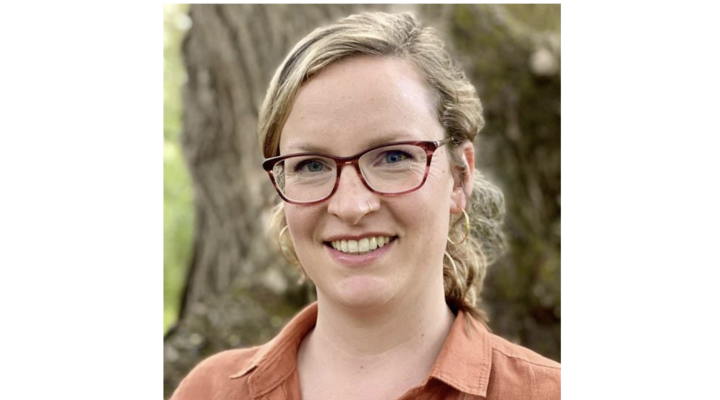To reduce energy consumption and fight global warming, buildings must become more efficient. Buildings use about 40 percent of the nation's energy and 70 percent of its electricity. Brandon Hencey is doing something about that.
"I bring control concepts and systems perspectives to energy systems," he says. "Building systems is the ripest area to actually improve energy use and get a return on investment. The more that we can automate and make the building intelligent, basically a smart energy system, then we can actually leverage all these savings."
While a postdoctoral researcher at United Technologies, Hencey collaborated with Lawrence Berkeley National Laboratories and University of California Berkeley to test some of his concepts at the University of California Merced. "We applied these control aspects to look at the weather forecast and optimize how an entire campus generated and stored chilled water used to air condition the campus during the day."
Hencey's experiment at Merced didn't go as expected, but he still considers it a success. "The weather that day only allowed about a 5 percent performance gain, but we learned a lot in the process and we were able to verify many of our operating assumptions and show that our algorithms will work," he says. "This fall we're looking at implementing another revised control law during weather that would be more advantageous, so we're looking at a 10-20 percent gain."
With constant monitoring, manual adjustments could approach the same level of energy savings, but the labor required would be prohibitively expensive and all but the most experienced could do the job well. "These building systems are so complex they are really difficult for most people to completely comprehend and some tradeoffs are just not intuitive," Hencey says. "That's why it takes great expertise, or these models and optimization techniques that actually dissect and figure out how to operate these buildings."
For example, says Hencey, while building operators can sometimes save energy by not air conditioning unoccupied rooms overnight, in other cases, more energy can be saved by cooling the building before the day begins to take advantage of cooler night time temperatures and the building's thermal mass. That way the air conditioning doesn't have to work as hard to cool the building during the day, thereby reducing peak electrical demand. "You're air conditioning an empty building, but you're saving energy by doing so," says Hencey.
Hencey is talking to Cornell facilities staff about testing some of his ideas on campus. "There's a lot of interesting aspects here. We have Duffield Hall, we have lake-source cooling combined with thermal energy storage systems," he says. "It's a matter of identifying what kind of opportunities there are for savings and developing algorithms to realize those savings."
Hencey continues to work closely with researchers at United Technologies and his algorithms will likely become software integrated into an energy management control system. "We can hand it over to them and then they will further develop that into a product," he says. "One of the great things is there's potential to see your research in a product that enables millions of people to conserve energy."




